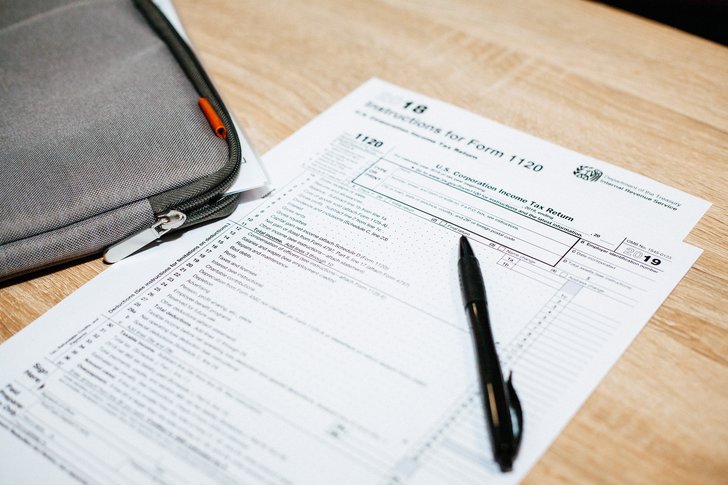Are you seeking advice to refinance your mortgage? Refinancing with bad credit is no more a matter of concern. With significant initiatives introduced through government programs and private lending sectors, borrowing and refinancing with bad credit is much more comfortable now.

Unsplash | Regardless of your financial situation, it is possible for you to get a home mortgage
1. Try a friendly source first
Approach your existing lender first by explaining to them your needs. Try to get a friendly referral from someone already working at your bank by building a relationship of trust. This way, you can take a new loan to clear off your previous loans through the same bank.
2. Refinance with FHA
Existing FHA borrowers can benefit through the FHA Streamline Refinance program even if they have bad credit. However, these are not a cash refinancing source but helps in lowering your monthly installments permanently if you refinance within three years of your current loan.
3. Originate a new loan from FHA rate-and-term refinance
Same as the FHA Streamline Refinance program, FHA rate-and-term program is also not a cash-out source of refinancing but enables you to reduce monthly payments of your house.

Unsplash | Refinance programs could be a viable solution to your housing problem
4. Consider a VA refinance
Up to 100% of your property’s value can be refinanced, if you are an eligible candidate for VA mortgage, with a hassle-free Interest Rate Reduction Refinance Loan (IRRRL).
5. Apply for a portfolio refinance loan
A ‘portfolio loan’ is also an option to consider if you have bad credit. This type of mortgage can be obtained through brokers whose standard lending requirements differ from that of banks. They are more willing to cater to small borrowers to build up their portfolios.
6. Find a co-signer with secure credit
Finding a co-signer with a strong credit position can serve better to strengthen your base to get a mortgage from either of the above-stated sources. A lender willingly agrees to refinance if the co-signer has a secure pocket as it serves as security.

Unsplash | Reliable co-signers can provide a great amount of ease to you
7. Work towards improving your bad credit
If the options, as mentioned earlier, are not helpful in your case, just relax. Nothing is permanent. Having said that, it is advisable to evaluate your finances and credit and to work towards its improvement. This is how you can step towards betterment:
- Make a budget by keeping track of all your expenses and revenues; try to control unnecessary spending. Remember, each penny adds up to a significant amount.
- Look for unauthorized charges, factual errors, or possible fraud by checking your annual credit reports to ensure there are no loose holes.
- Make a wise strategy to pay off your monthly bills. List down all the tabs and try to strike off each, starting from the smallest by paying it off. A cleared statement means fewer surcharges at the end of the month, leading towards savings, which can then be used to pay off further.
- Conservation is the best source of finance. Every month make it a habit to save a small amount of your income. Consider keeping $8 aside weekly, at the year-end; you will have $416 that can be used to pay off your credit or refinance your mortgage.
